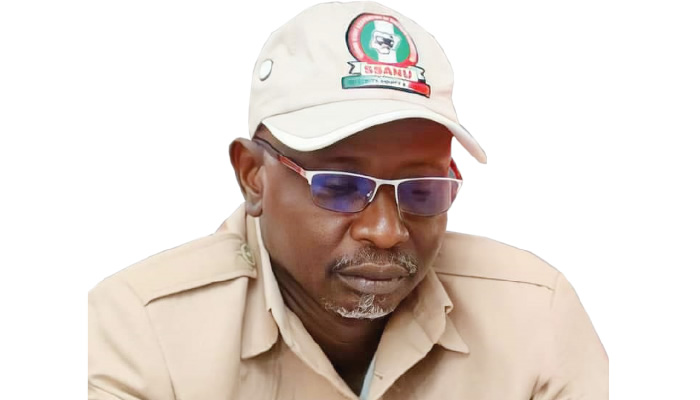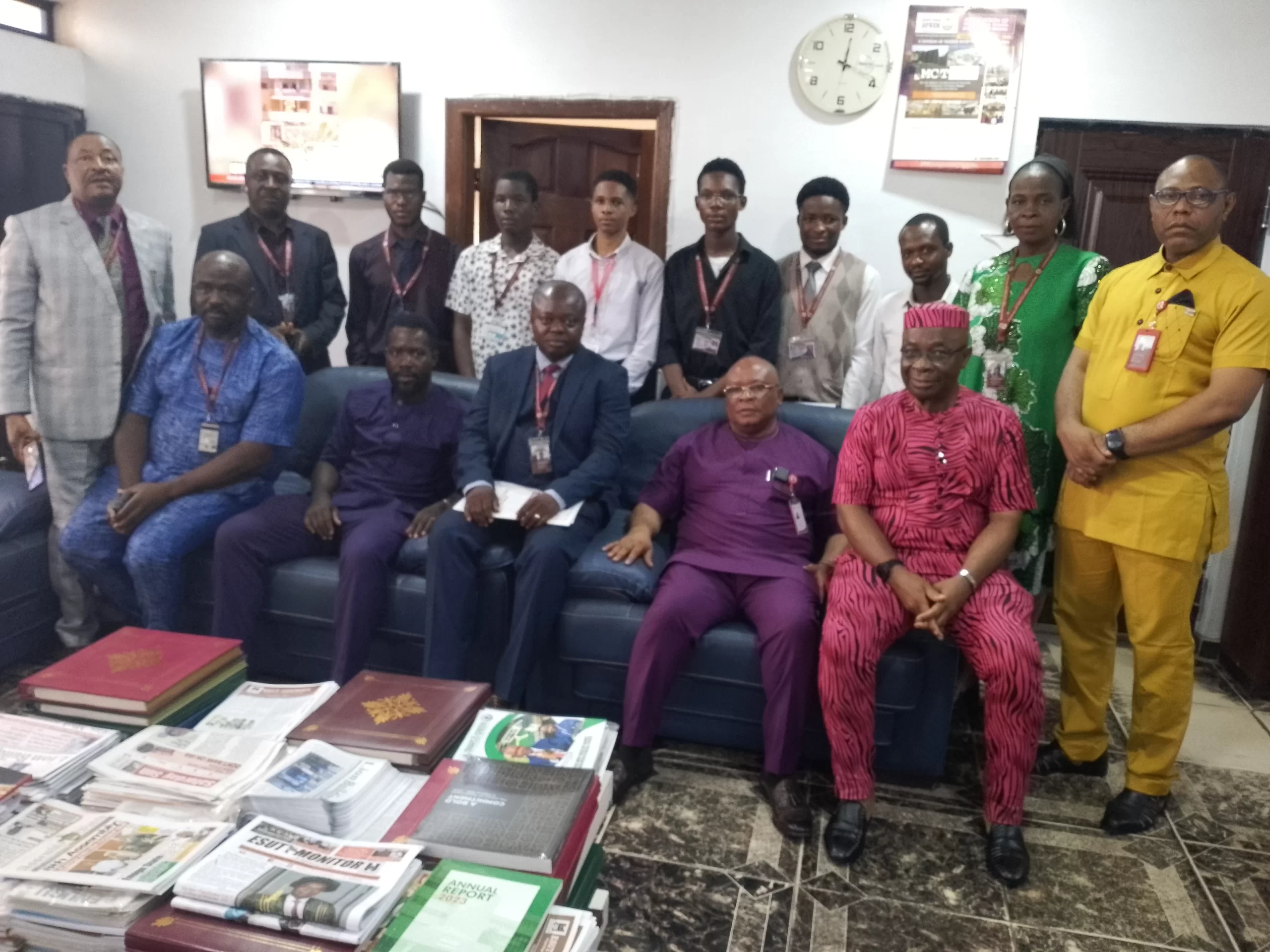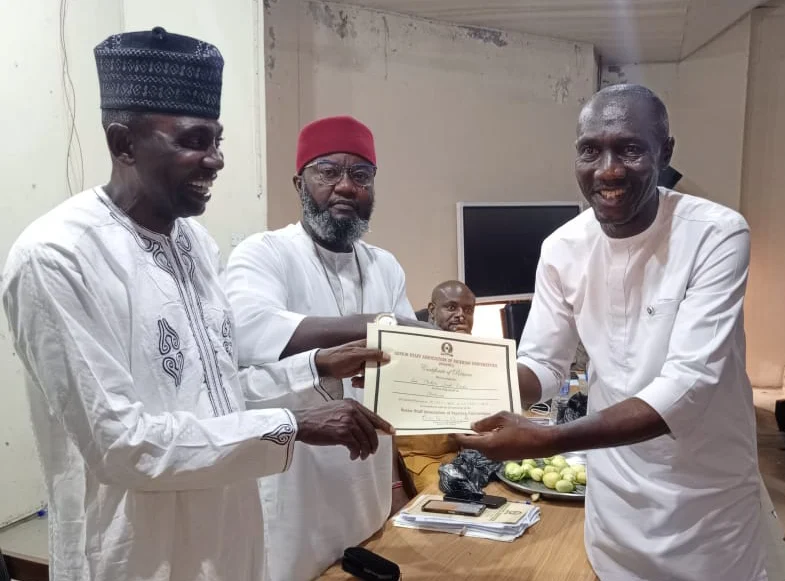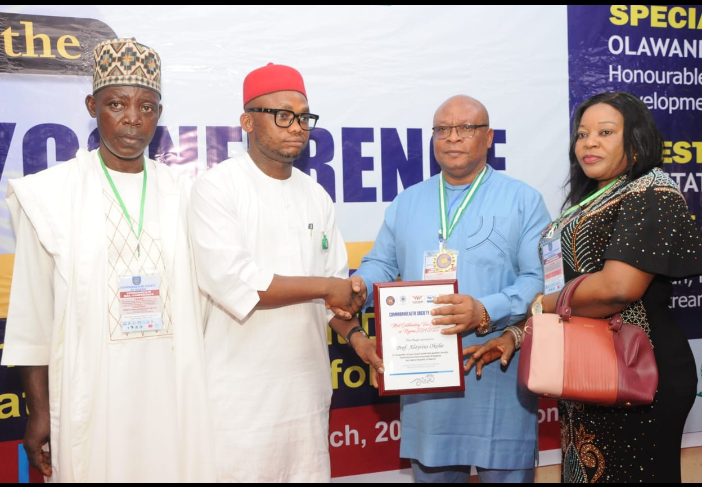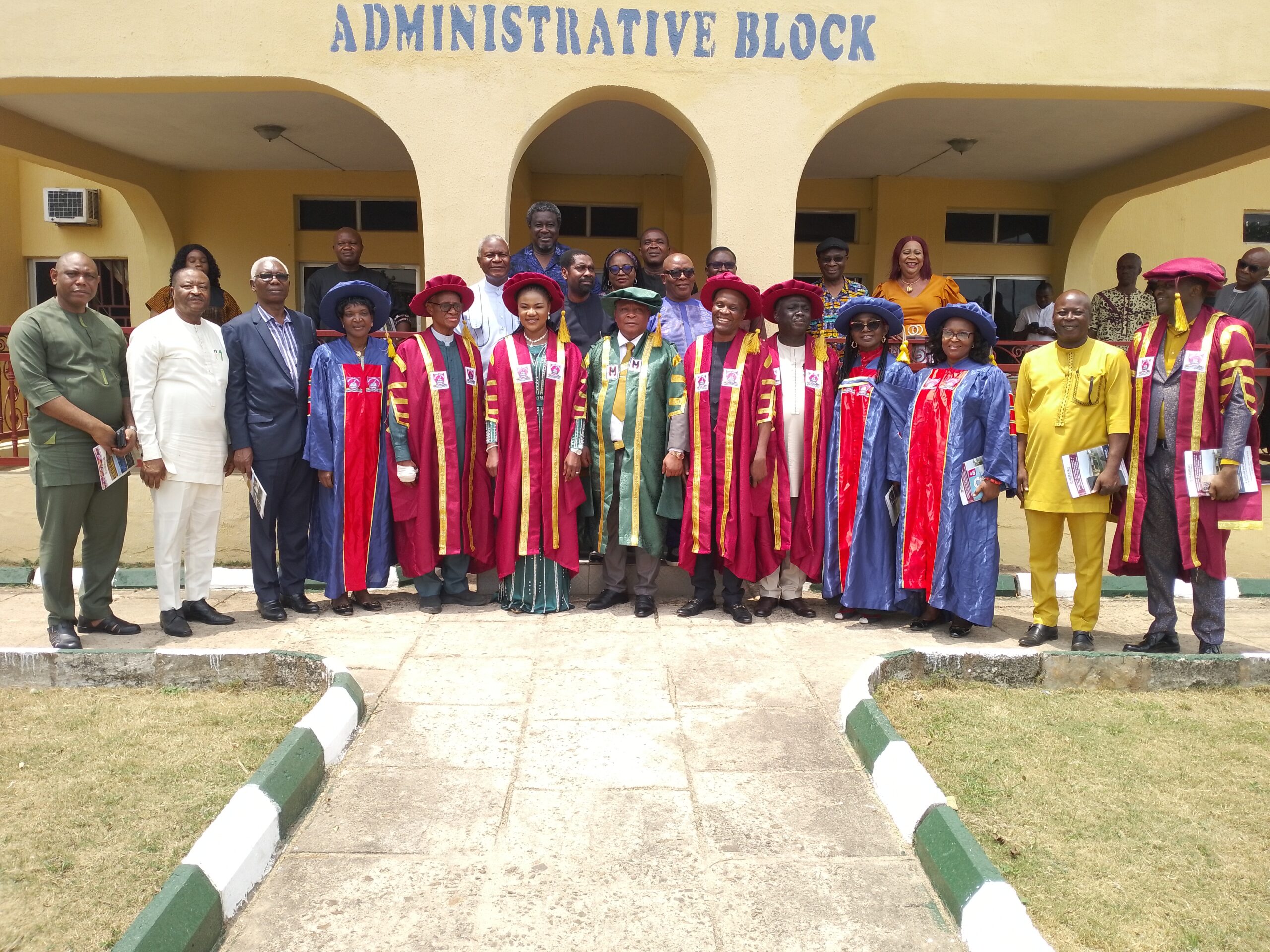In a recent interview conducted by Punch, Muhammed Ibrahim, the President of the Senior Staff Association of Nigerian Universities (SSANU), shed light on critical issues plaguing the nation’s tertiary education system and the role of labor unions in the educational landscape. Key takeaways from his insights are as follows:
The Purpose of Unions: Ibrahim asserted that labor unions play a pivotal role in safeguarding the welfare and rights of their members, ensuring a balance in labor relations. He emphasized that unions are not unique to Nigeria, as they exist in advanced nations for the protection of employees.
Strikes as a Last Resort: Strikes, according to Ibrahim, are not the preferred method for unions to address grievances. He clarified that unions resort to strikes when communication breaks down, agreements are not honored, or significant disputes arise. Strikes, he noted, are a legitimate means of negotiation, aligned with international labor laws.
Funding as the Primary Issue: Ibrahim attributed the declining standard of education in Nigeria to insufficient funding. He argued that to achieve quality education, institutions must be properly funded, staffed by well-trained individuals, equipped with state-of-the-art facilities, and set in a conducive learning environment.
- CBN to freeze accounts without BVN from April 2024
- Nigerian Banks Engage in Merger Talks Amidst Capital Base Expansion Plans
- Tinubu Asserts His Presidential Candidacy, Economic Reforms at German-Nigerian Forum
- Wealthy Elite Business Figures Blamed for Naira Devaluation in Nigeria
- President Tinubu Addresses Economic Concerns
- Poor Funding Killing Tertiary Education, Not Lecturers’ Strike – SSANU President
Government’s Responsibility: The decline in educational standards, Ibrahim argued, falls squarely on the shoulders of the government. He maintained that the government should ensure adequate funding and infrastructure for educational institutions.
University Autonomy: While welcoming the idea of granting universities greater autonomy, Ibrahim stressed that autonomy should encompass operational independence, beyond just funding. Excessive government intervention in day-to-day university operations, he warned, could be detrimental.
Merit-Based Appointments: For university governing councils, Ibrahim recommended the appointment of members based on merit, expertise, and their knowledge of the education sector, rather than relying on political connections.
Female Representation: Acknowledging the gender disparity in leadership roles, Ibrahim noted that it extends beyond academia. He encouraged women to assume leadership positions, while advocating for a level playing field to promote diversity.
Student Migration: On the topic of Nigerians leaving the country, Ibrahim urged the government to address the root causes, creating a more favorable atmosphere and improving the nation’s economy to discourage emigration.
Curriculum Development: To bridge the gap between classroom learning and real-world application, Ibrahim highlighted the importance of involving relevant stakeholders and industry experts in curriculum development.
Manpower Shortage: The shortage of professors in universities, he clarified, is not a result of a recruitment embargo but is more related to the rapid establishment of new universities and the pace of staff development.
ASUU Rival Unions: Ibrahim refrained from offering opinions on rival unions such as CONUA and NAMDA, indicating that their fate is a matter for the courts to determine.
President Muhammed Ibrahim’s insights underscored the pivotal role of adequate funding in upholding the standard of education in Nigeria, government accountability in the education sector, and the multifaceted responsibilities and challenges faced by labor unions in the educational landscape. He also voiced concerns regarding excessive government intervention while expressing support for university autonomy.
